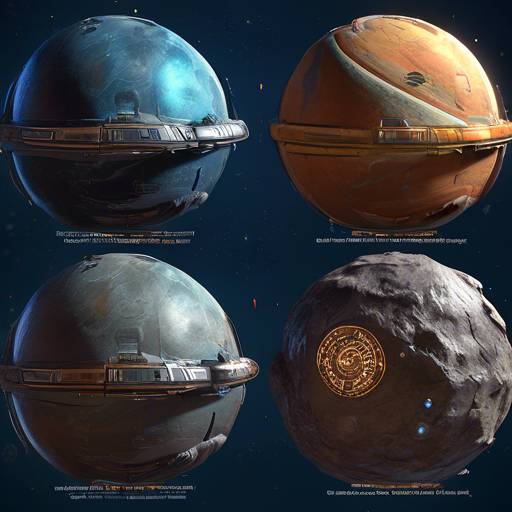Tel Aviv-based cybersecurity company, dWallet Labs, has launched the Testnet of its dWallet Network. The network is a composable modular signature network that introduces a new primitive for multi-chain collaboration in web3 called dWallets. dWallets are noncollusive and massively decentralized signing mechanisms that can be used to sign native transactions on chains like Bitcoin, Ethereum, and Solana.
Cross-chain solutions such as bridges and messaging protocols have compromised user ownership and decentralization. These solutions remove the need for user consent and create vulnerabilities for collusion and theft of user funds. The dWallet Network solves these issues by ensuring the security of native interoperability and requiring user consent for actions across any network.
The dWallet Network allows builders on L1s and L2s to control a dWallet and manage assets and logic across all of web3. It eliminates the risks of wrapping, bridging, and messaging, ensuring that assets stay on their native chains.
dWallets use a field of cryptography called MPC (multi party computation) to create signatures. This ensures that both the user and the dWallet Network are required for a signature to be generated, preventing collusion and providing decentralized enforcement of logic.
The dWallet Network is built with breakthrough research and utilizes dWallet Labs’ industry-first multiparty protocol called 2PC-MPC. This protocol enables the generation of ECDSA signatures in a noncollusive way, requiring both the user and a threshold of hundreds or even thousands of nodes.
dWallet Labs is a Tel Aviv-based cybersecurity company specializing in blockchain technology. It focuses on the research and development of the dWallet Network and is backed by top VCs, strategic partners, and investment DAOs. The mainnet of the dWallet Network is expected to go live later this year.





 By
By
 By
By
 By
By


 By
By